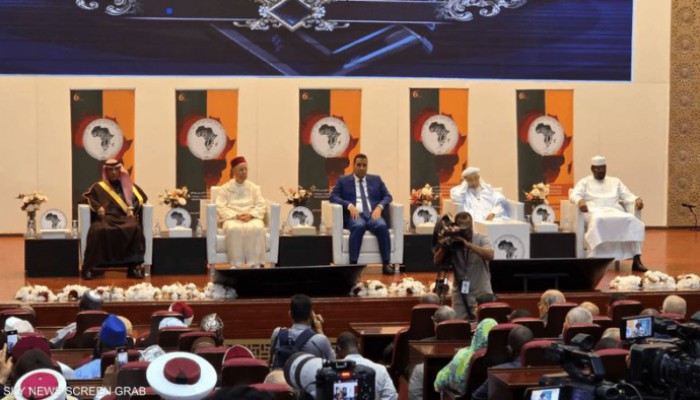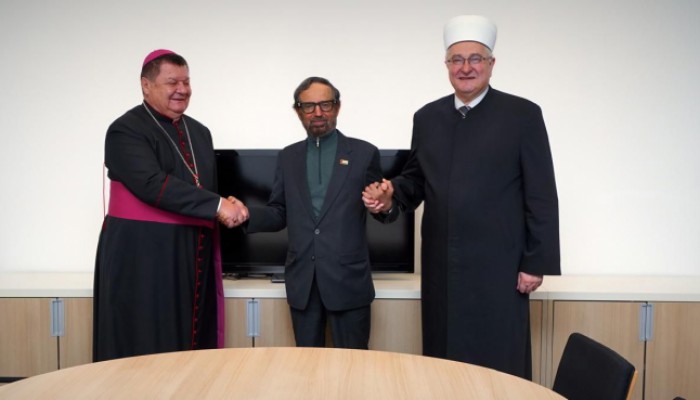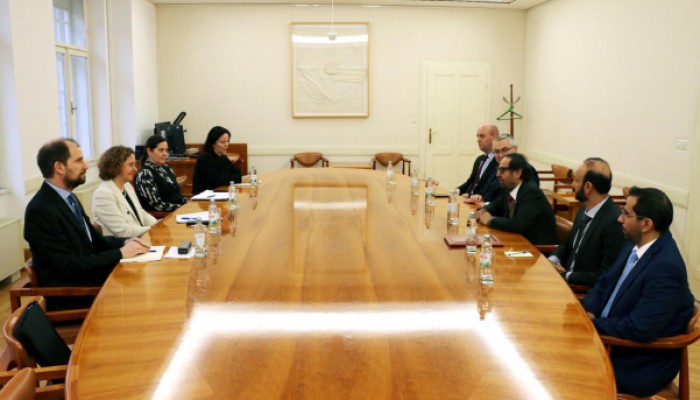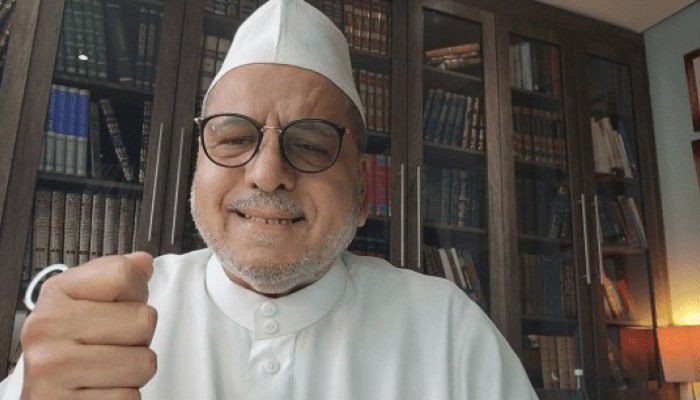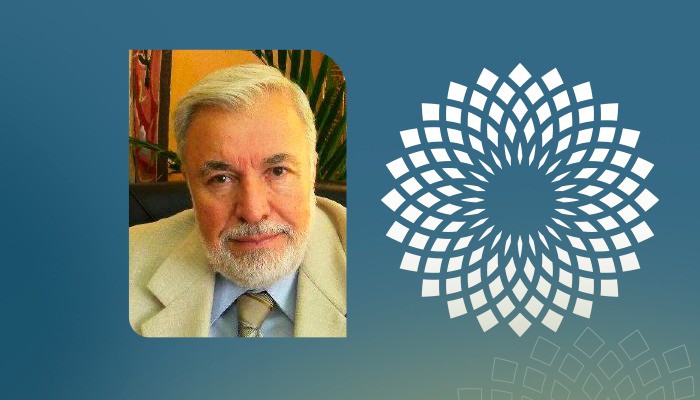
Dr. Safi KasKas: Translated Qur’an Expresses Translator’s Understanding of Verses
- 2021-May-03
Among the daily Ramadan lectures, The World Muslim Communities Council organized, on Sunday May 2, 2021, a lecture entitled "Challenges From the Quran", in which Dr. Safi Kaskas, Founder and President of the International Society for Quranic Research "Iqra", spoke via the Council's social media pages.
Safi KasKas said that the events of September 11 were a catalyst for presenting a new version of the Holy Qur’an, in line with current events, and inseparable from scientific progress and technological development.
He added, "The early commentators were unable to provide an interpretation of the Qur’an capable of satisfying Western questions, but the modern translation provided by the International Society for the Research of the Holy Qur’an" Iqra "was different from the classic versions, as it took into account the recent developments in modern societies without forgetting the effort made by the early scholars.
Dr. Safi Kasaks enumerated some features that are unique to his modern translation of the Holy Qur’an, as it succeeded in presenting a positive stereotype of Islam, especially the United States, where Islam and the Qur’an were in great question after the events of September 11th.
He pointed out that although the Qur’an has been translated into several languages, the text remained fixed and not transferable, but the translation provided by the “Iqra” Association was keen to present it in a simple language to facilitate its access to Americans. "We were also keen to present the true ideas and visions that represent the core of Islam, such as the ability to choose and values of freedom and tolerance.
Safi Kaskas added that the Arabic language is the mother tongue, through which it is possible to understand and contemplate the Noble Qur’an, and that was a great challenge in providing a different translation of the Qur’an that carries the true meaning of the Qur’an, and compatible with current science and technology.
Kaskas concluded by stressing that we need to restore the culture of the Noble Qur’an, which encompasses everything around us.
It is noteworthy that the World Muslim Communities Council is an international non-governmental organization, headquartered in the UAE capital Abu Dhabi. It is considered a think tank to rationalize organizations and societies working in Muslim societies, renew their thinking and improve their performance in order to achieve one goal; The integration of Muslim societies in their countries, in a way that their members realize the perfection of citizenship and complete affiliation with the Islamic religion. The council seeks, through holding dozens of virtual conferences, seminars and activities, to localize the concepts of religious, ethnic and cultural pluralism, in a manner that preserves human dignity and respect for his beliefs, and establishes the values of moderation, dialogue, tolerance and belonging to the homelands.




